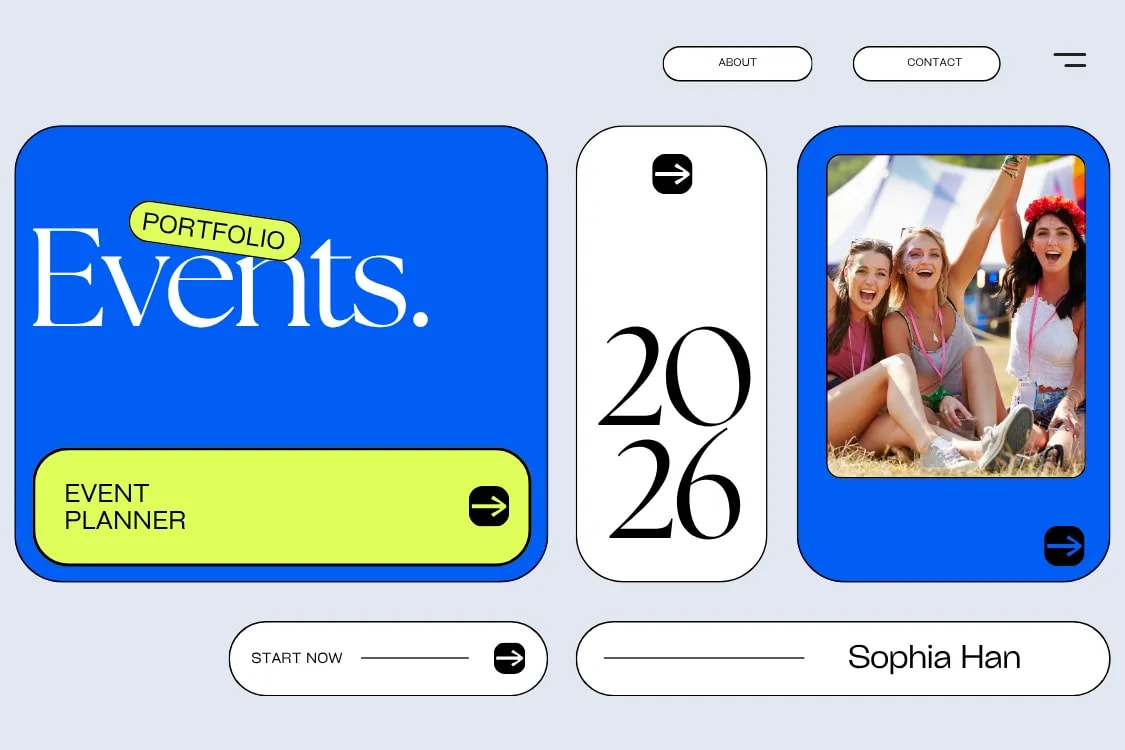
Dreaming of a career where you turn ideas into unforgettable experiences? Event planning is a dynamic, people-first profession that blends creativity with project management—and demand keeps growing.
In the U.S., employment for meeting, convention, and event planners is projected to rise steadily over the next decade with solid median pay, a strong signal that there’s room for new talent to enter and thrive. (U.S. Bureau of Labor Statistics)
This guide walks you step-by-step through how to become an event planner—from assessing your strengths and building a portfolio to earning credentials, launching your business, and marketing your services. Whether you’re eyeing corporate meetings, weddings, nonprofit galas, or hybrid experiences, you’ll find practical actions, examples, and resources to start with confidence.
“Face-to-face experiences remain uniquely persuasive—events are where commerce and community happen.”
Start by taking inventory of your strengths and gaps. Great planners are equal parts strategist and logistics pro.
The Loopyah Content Team shares expert insights, practical guides, and industry updates to help event organizers create unforgettable experiences and stay ahead in the event planning world.
Core skills to assess: organization, communication, time management, budgeting, vendor sourcing, negotiation, and creativity.
Mindsets to cultivate: calm under pressure, problem-solving, empathy, leadership, and a bias for documentation and follow-through.
If you’re just starting out, focus on structured practice to fast-track communication and leadership. Programs like public speaking and feedback labs (e.g., Toastmasters-style curricula) help you lead client meetings, MC run-throughs, and stakeholder briefings with confidence.
Project management foundations: Consider CAPM for basics or aim for PMP as your experience grows—both sharpen budgeting, risk, timelines, and stakeholder skills essential to events.
Digital and hybrid fluency: Hybrid is here to stay; learning digital event strategy and production will set you apart.
Negotiation and vendor management: Practice building scopes, reading contracts, and conducting win-win negotiations.
Hands-on experience is your fastest path to credibility. Aim to collect portfolio pieces across different event types and budgets.
Volunteer locally: Community festivals, school fundraisers, faith or cultural events, chambers of commerce.
Intern or freelance: Offer day-of coordination for venues or assist established planners during peak season.
Start small: Plan birthdays, showers, or micro-weddings; design a themed networking night or pop-up for local makers.

Mini case study: A new planner volunteered to coordinate a university showcase with 25 exhibitors and 300 attendees. They built the run of show, mapped a simple floor plan, and negotiated in-kind sponsorship for A/V. Outcome: a photo-rich case study, two paid referrals from exhibitors, and a glowing testimonial to anchor their website.
You don’t need a specific degree to become an event planner, but relevant education boosts your confidence—and your close rate. Many planners choose hospitality or event management programs, or targeted certificates that focus on research, design, planning, coordination, and evaluation. Well-regarded professional certificates (including those that cover virtual and hybrid events) help you translate goals into measurable experiences.
For credentials, the CMP is widely considered the global benchmark for meeting professionals. In 2025, the Events Industry Council updated the CMP exam to reflect current tech, sustainability, accessibility, and ROI competencies—great news if you want to signal modern, strategic capability to employers and clients. (See the EIC’s update)
Other credentials you’ll encounter as you grow: Digital Event Strategist for hybrid fluency, CAPM or PMP for project management depth, and CSEP for special events. Choose a path that maps to your target clients and services.
Relationships drive referrals. Prioritize real-world connections and consistent visibility where your buyers already are.
Attend meetups and chapter events: Industry associations (MPI, PCMA, IAEE, ILEA) help you learn, volunteer, mentor, and get listed in directories.
Create a vendor map: Introduce yourself to venues, caterers, florists, A/V, photo/video, rental houses, printers, and decor companies. Keep notes on service quality and response times.
Show your work in public: Share behind-the-scenes, checklists, and before/after photos on LinkedIn and Instagram; write up mini case studies and tag partners.
A clear niche makes marketing easier and pricing stronger. Consider the spend, expectations, and buyer journey in each segment.
Corporate: Meetings, product launches, roadshows, incentives, trade shows; success metrics often tie to pipeline and partner value.
Weddings and social: A large, data-rich category with meaningful budgets; align your packages to local norms and seasonality.
Nonprofit: Fundraisers and galas—optimize run of show, donor experience, and auction tactics.
Virtual and hybrid: Content strategy, broadcast-quality production, engagement analytics, and accessibility.
Define service tiers that match your niche:
Full-service planning: Strategy, design, vendor sourcing, production, and post-event reporting.
Partial planning: Milestone support with clear handoffs and communication cadence.
Month-of or day-of coordination: Final confirmations, timeline, and show calling.
Design and styling: Mood boards, floor plans, signage, and attendee journey mapping.
A lean plan clarifies who you serve, what you sell, and how you’ll win clients. Cover these essentials:
Ideal client profile and offers: Define your niche, signature services, and add-ons (e.g., speaker management, sponsor fulfillment).
Market sizing and competitors: Note typical budgets, common timelines, and client expectations in your region.
Pricing and packages: Set minimums and margins. Decide if you’ll charge a flat fee, percentage, or hybrid. Make commission policies explicit.
Operations: Outline workflows, checklists, and tools. For a ready-made foundation, see our event planning checklist to build repeatable processes from inquiry to post-event reporting.
Treat your marketing like an ongoing campaign. Your goals: be findable, be credible, and be referable.
Website and SEO: Publish clear services, locations served, niches, and FAQs. Share helpful content that answers real client questions and showcases your process and results.

Portfolio and social proof: Add case studies, budgets (ranges), timelines, and testimonials. Post behind-the-scenes and vendor tags on social platforms to expand reach.
Email and CRM: Nurture leads with tips, timelines, and seasonal checklists. When you’re ready to streamline promotion and attendee comms, explore our event software to centralize ticketing, email reminders, and analytics.
Before you launch, handle the basics so you can operate smoothly and protect your business:
Entity and registration: Choose a structure (sole prop, LLC, S corp) with your accountant or advisor; register your business name and any required local licenses/permits.
Banking and tax IDs: Open a dedicated business bank account and obtain an EIN directly through official channels to keep finances and taxes clean.
Beneficial ownership updates: As of 2025, most U.S. planners launching new businesses are exempt from federal BOI reporting; confirm your status before filing anything.
Insurance: Scope venue requirements and your risk profile. Common coverages include general liability, professional liability (E&O), and property/gear.
Events evolve quickly—so should you. Keep tabs on attendee preferences, new tech, and sponsor expectations. Pilot AI for tasks like attendee communications, speaker content prep, and budget optimization. Continue stacking credentials (e.g., CMP credits, digital/hybrid coursework, sustainability and accessibility certificates) to stay relevant and confidently command higher fees.
To recap how to become an event planner: assess your strengths, get hands-on experience, pursue targeted education and credentials, build a network that sends referrals, choose a niche, write a lean plan, market consistently, cover your legal/financial basics, and commit to lifelong learning. The industry’s outlook is positive, the work is meaningful, and the path is clear—start small, document everything, and keep showing your value.
Ready to take the next step? Build your first offer, price it transparently, and put your name out there. With steady practice and great partners, you’ll turn ideas into impact—one event at a time. For industry context as you plan your career move, review the latest employment outlook from the U.S. Bureau of Labor Statistics here.